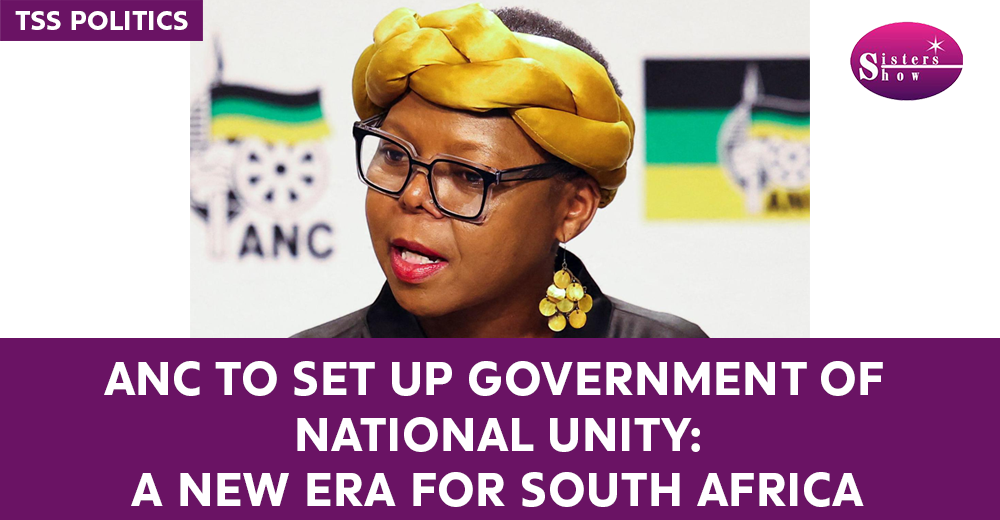
ANC to set up Government of National Unity: A New Era for South Africa
In a significant move following a pivotal election, South Africa’s African National Congress (ANC) announced on Thursday its intention to initiate discussions with other political entities with the aim of forming a Government of National Unity. This decision comes in the wake of a landmark election where the ANC, the party of Nelson Mandela and the cornerstone of South African politics post-apartheid, experienced a significant shift, losing its parliamentary majority after three decades of governance.
After an extensive 11-hour session of the ANC’s top decision-making body, the national executive committee, President Cyril Ramaphosa revealed the party’s decision to extend invitations to various political counterparts to collaborate in establishing a government that represents the broader spectrum of South African society.
Drawing parallels with the formation of Mandela’s inaugural democratic government in 1994, which encompassed both the defeated National Party and the Inkatha Freedom Party, Ramaphosa emphasized the importance of unity in navigating the nation forward. “In establishing a government of national unity, we will be drawing on an experience with which South Africans are familiar and which served our country well at a time of great difficulty,” stated President Ramaphosa.
The ANC, having secured 40.2 percent of the vote in the recent parliamentary elections, has already initiated preliminary discussions with key players in the political landscape, including the Democratic Alliance (21.8 percent), the Economic Freedom Fighters (9.5 percent), and the Inkatha Freedom Party (3.8 percent).
Acknowledging ideological disparities among the various parties, Ramaphosa asserted the ANC’s commitment to engaging with all entities in the interest of the public good. However, challenges loom as the Democratic Alliance has stipulated conditions, notably its reluctance to join forces with the Economic Freedom Fighters or Jacob Zuma’s uMkhonto weSizwe Party (MK).
Analysts caution that the formation of a government of national unity may encounter hurdles, particularly if the Democratic Alliance remains steadfast in its stance. Peter Attard Montalto, managing director of financial consultancy Krutham, warned of potential repercussions in financial markets should the Democratic Alliance opt out.
Despite exploring alternative arrangements such as a looser “supply and confidence” agreement with the Democratic Alliance and Inkatha Freedom Party, resistance from within the ANC and its alliance partners has been evident.
Meanwhile, the involvement of the uMkhonto weSizwe Party, led by former President Zuma, adds another layer of complexity to the negotiation process. Previously reluctant to engage in talks unless President Ramaphosa resigned, the party has signaled a willingness to explore collaboration, albeit cautiously.
As South Africa navigates this critical juncture in its political landscape, the prospect of a Government of National Unity underscores the need for dialogue and cooperation across party lines. Stay updated with the latest developments in South African politics with The Sisters Show.
Read More:- SOUTH AFRICA ELECTIONS FINAL RESULTS: WHAT HAPPENS NEXT?




